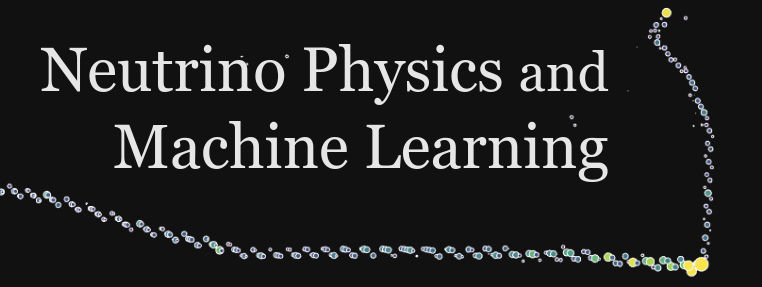Speaker
Description
Neutrinoless Double Beta Decay (0νββ) is one of the major research thrusts in neutrino physics. The discovery of 0νββ would answer persistent puzzles in the standard model. KamLAND-Zen experiment is one of the leading efforts in the search of 0νββ. The current data is collected from 745kg of Xe136 dissolved in liquid scintillator, a medium that emits isotropic light when particles deposit their energy into it. The light is detected with the help of 1879 photomultiplier tubes (PMTs) thereby producing a data stream made up of time and charge information. The raw PMT data provides a great platform for machine learning applications. From this perspective, the KamLAND collaboration is studying different ways to employ deep learning models. The first approach is to only analyze the PMT hit time using a recurrent neural network (RNN). The RNN approach is applied to KamLAND-Zen 400 data as an event selection cut. The other approach is to utilize a new spherical CNN model to incorporate event topology. The CNN functions as an efficiency beta vs. gamma classifier and has been trained using KamLAND-Zen 800 data. Eventually, we're aiming to build a deep learning analysis chain that can be trained jointly using MC and data.



